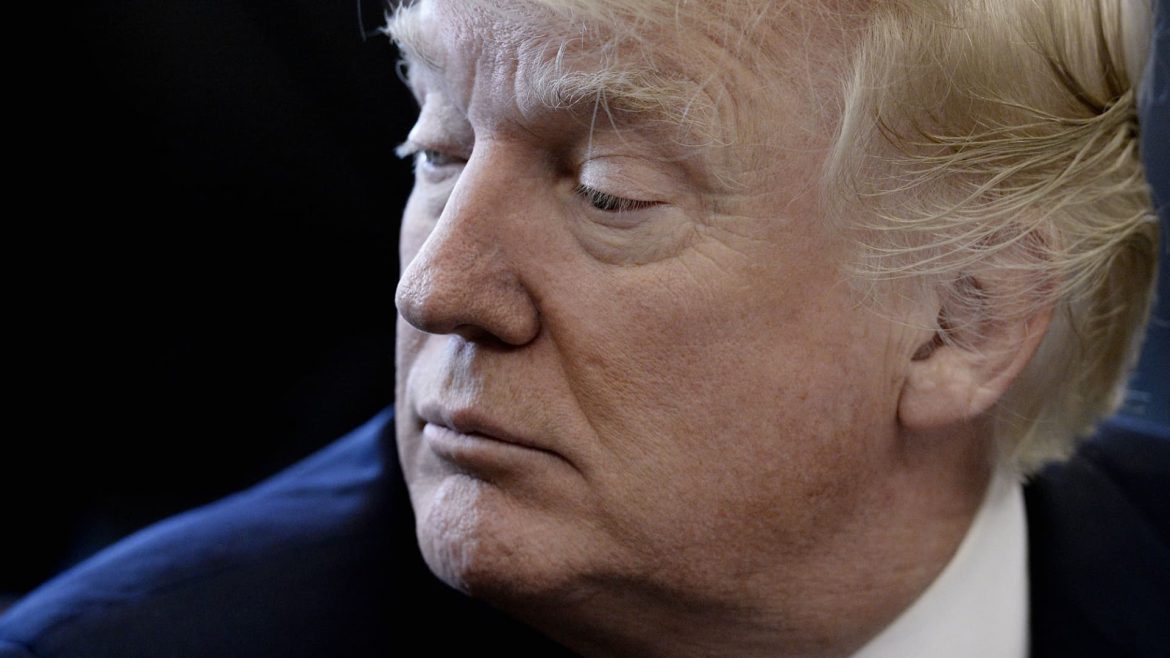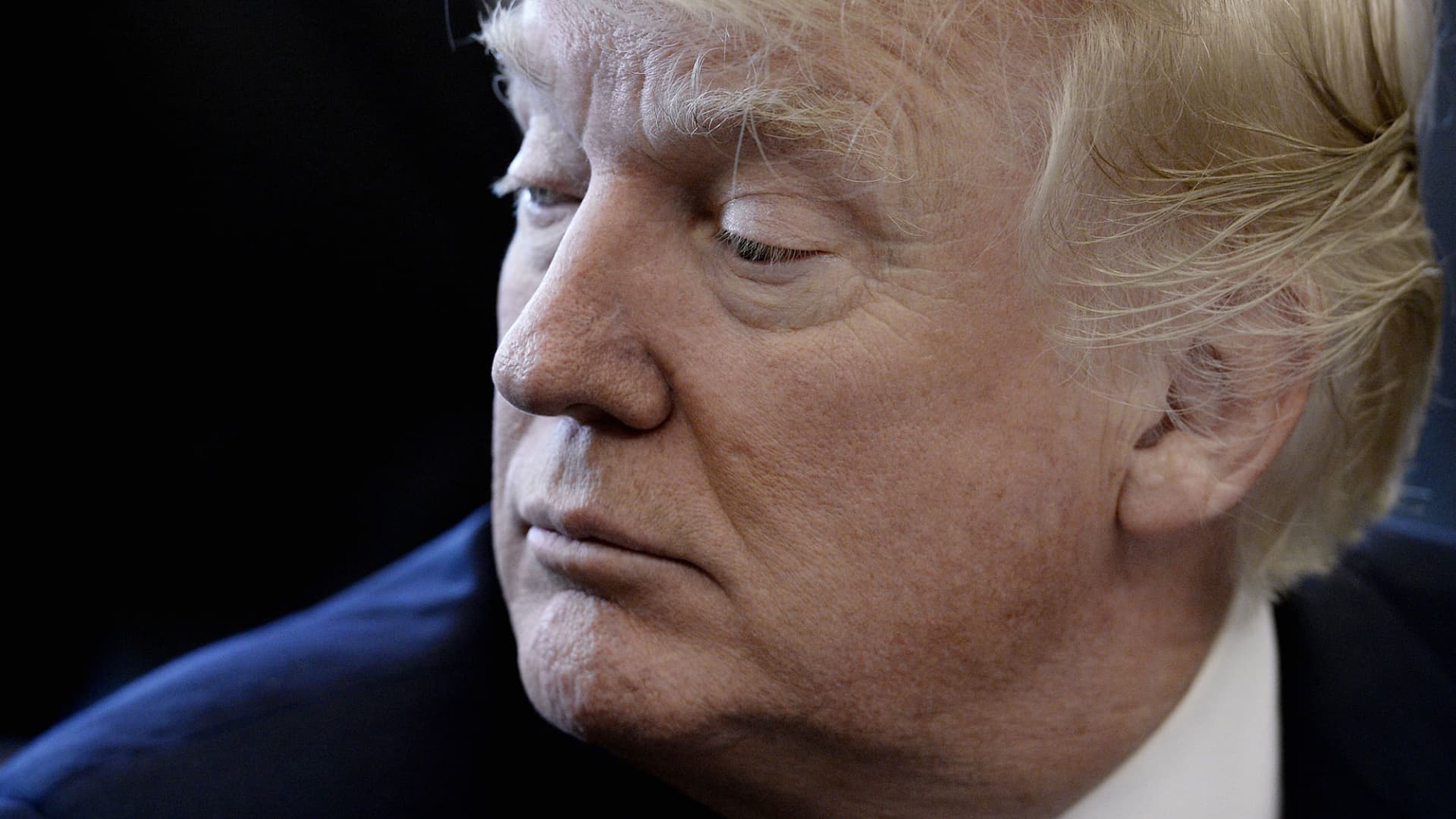The Escalating Crisis: Trump’s Urgent Call for an Iran Nuclear Deal Amid Israeli Strikes
Recent developments have thrust the prospect of renewed conflict in the Middle East into the spotlight. U.S. President Donald Trump’s public urgings for Iran to accept a nuclear deal “before there is nothing left” come as Israel has launched a series of aggressive airstrikes targeting Iranian nuclear and military facilities. These events signal a critical juncture, where diplomacy teeters on the edge of military confrontation.
—
The Context: Rising Tensions and Military Strikes
In the immediate aftermath of Israel’s wave of missile and drone strikes across Iranian territory—aimed at dismantling key nuclear program components and military leadership—Trump sharply admonished Tehran. His statement encapsulated a sense of urgency and finality: Iran must negotiate and accept terms for a nuclear agreement swiftly or face escalating destruction.
According to multiple reports, these Israeli strikes resulted in the deaths of at least two senior Iranian military officers, heightening fears of a full-scale war. Israel’s rationale is clear: Iran’s nuclear infrastructure must be “dismantled” in its entirety to prevent what it views as an existential threat.
Trump’s warning—that Iran’s failure to negotiate could lead to “nothing left”—evokes a stark image of potential devastation. He framed this as an opportunity for Iran to “save what was once known as the Iranian Empire,” a phrase suggesting both the historical grandeur Iran risks losing and the dire consequences of continued refusal to engage diplomatically.
—
Diplomatic Moves and Negotiation Deadlocks
Trump’s approach emphasizes a return to nuclear negotiations, with promises that Iran must allow stringent inspections and limit uranium enrichment to civilian levels only. The U.S. claim that Iran has “sort of” agreed to terms hints at a fragile breakthrough, though Tehran remains resistant, reportedly preparing a counter-proposal to the latest U.S. offer.
These talks are complicated by Iran’s insistence on safeguarding its sovereignty and nuclear rights, while the U.S. and Israel demand verifiable guarantees that no weapons-grade materials are produced. The threat of military action hangs heavily over these negotiations, as Israeli officials warn that additional strikes may follow if Iran continues nuclear activities.
Trump has publicly declared willingness to impose or authorize further military strikes should diplomacy fail, signaling that the window for peaceful resolution is narrowing rapidly.
—
The Strategic Implications
This turmoil encapsulates complex stakes:
– For Iran: Rejecting negotiations risks the further destruction of its nuclear capabilities, targeted infrastructure, and possibly its internal stability. Yet, accepting stringent terms may be perceived domestically as a surrender of national pride and strategic autonomy.
– For Israel and the U.S.: The imperative is to halt Iran’s nuclear progress to prevent a regional arms race or direct threat to their security. While Israel appears prepared to pursue military means, Washington balances between coercive diplomacy and supporting Israel’s defensive posture without igniting a broader conflict.
– For Global Stability: The Middle East’s peace and global diplomatic order hang in the balance. Military escalation could trigger severe humanitarian crises, disrupt global energy markets, and entangle multiple international actors in conflict.
—
The Path Forward: Negotiation or Conflict?
Trump’s repeated call to Iran signals that the U.S. still values the possibility of a negotiated solution, albeit under threatening terms. This strategy aims to coerce Iran toward concessions without immediate recourse to war. Yet, the Israeli airstrikes emphasize that military force remains a looming option, one that could destabilize the region further.
Iran’s upcoming counterproposal will be a critical test of whether diplomacy can prevail over this heightened brinksmanship. The international community watches closely, aware that time is the enemy of peaceful resolution in such a volatile context.
—
Conclusion: The Urgency of Resolution Amid a Perilous Balance
President Trump’s stark admonition to Iran—“make a deal before there is nothing left”—captures a precarious moment where the fate of nuclear diplomacy hangs by a thread. The confluence of Israeli military action and U.S. diplomatic pressure outlines a tense triangle of power, risk, and opportunity.
The choices made in the coming days will shape not only Iran’s nuclear future but also the stability of an already conflicted region. Avoiding further destruction demands swift, sincere engagement from all parties, yet the shadow of war remains unmistakably present. The world stands at a threshold, watching whether negotiation can outpace devastation or whether “nothing left” becomes a grim reality.





